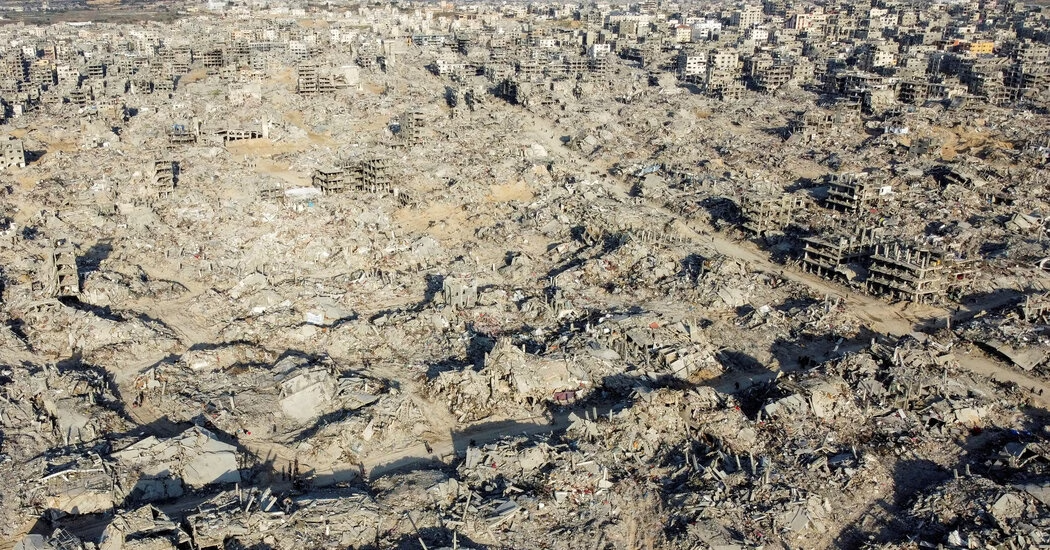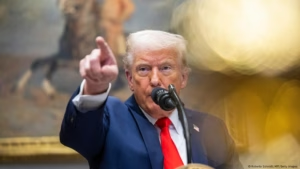At an emergency summit in Cairo on Tuesday, Arab leaders will face the difficult task of formulating a comprehensive vision for Gaza. The Israel-Hamas cease-fire is at risk, and Israel, backed by President Trump, currently holds the upper hand. The summit was initially called in response to Mr. Trump’s proposal to expel Palestinians from Gaza and establish it as a tourism hub, an idea widely dismissed as ethnic cleansing. Arab countries, including Egypt and Jordan, have rejected this plan, arguing it would undermine the possibility of a Palestinian state and threaten their national security.
Staying updated with the situation, Arab countries are worried about the potential consequences of Israel’s actions. The cease-fire, which has halted the violence in Gaza for over six weeks and involved the exchange of prisoners, is now uncertain. Israel recently started blocking aid and goods from entering Gaza and forced Palestinians to leave their homes in the West Bank, intensifying concerns that Israel could attempt to annex the region with Mr. Trump’s support.
The Israeli-Palestinian conflict has long been a persistent issue in the Middle East. Recent events have brought the question of how to resolve it to a head, prompting Arab countries to respond to Israel’s actions and present a counter proposal to Mr. Trump’s. Arab countries have yet to agree on an alternative vision for Gaza that would be accepted by Palestinian political factions, Israel, the United States, and other countries.
Last month, the leaders of Egypt, Jordan, and Gulf Arab states met in Riyadh, Saudi Arabia, to strategize before the summit in Cairo. The summit will include all 22 members of the Arab League, as well as the United Nations secretary-general and the president of the European Council. Egypt’s plan is expected to be the focus of discussions at the summit. It involves rebuilding Gaza without displacing Palestinians and putting technocrats and community leaders unaffiliated with Hamas in charge.
The reconstruction of Gaza would likely be funded by oil-rich Gulf states, although Egyptian officials have also mentioned Europe as a potential contributor. Badr Abdelatty, Egypt’s foreign minister, stated that the initial phase of the cease-fire agreement should immediately give way to the second phase, aiming for a permanent end to the conflict. Additionally, Egypt has offered to train Palestinian police forces to be deployed in Gaza during the reconstruction process.
However, there is little agreement on key issues such as the governance of Gaza, security management, and the role of Hamas. Any proposed plan would need to address the fundamental issue of Israeli opposition to Palestinian sovereignty while gaining the approval of the internationally recognized Palestinian Authority. The Palestinian Authority’s president, Mahmoud Abbas, has expressed reluctance to endorse any arrangement that does not grant him full control over Gaza. On the other hand, Hamas officials have shown willingness to hand over control of civil affairs to a technocratic committee but refuse to disarm in Gaza, which is a demand put forth by both Israel and Mr. Trump.
Source: https://www.nytimes.com/2025/03/04/world/middleeast/gaza-arab-leaders-meeting.html





